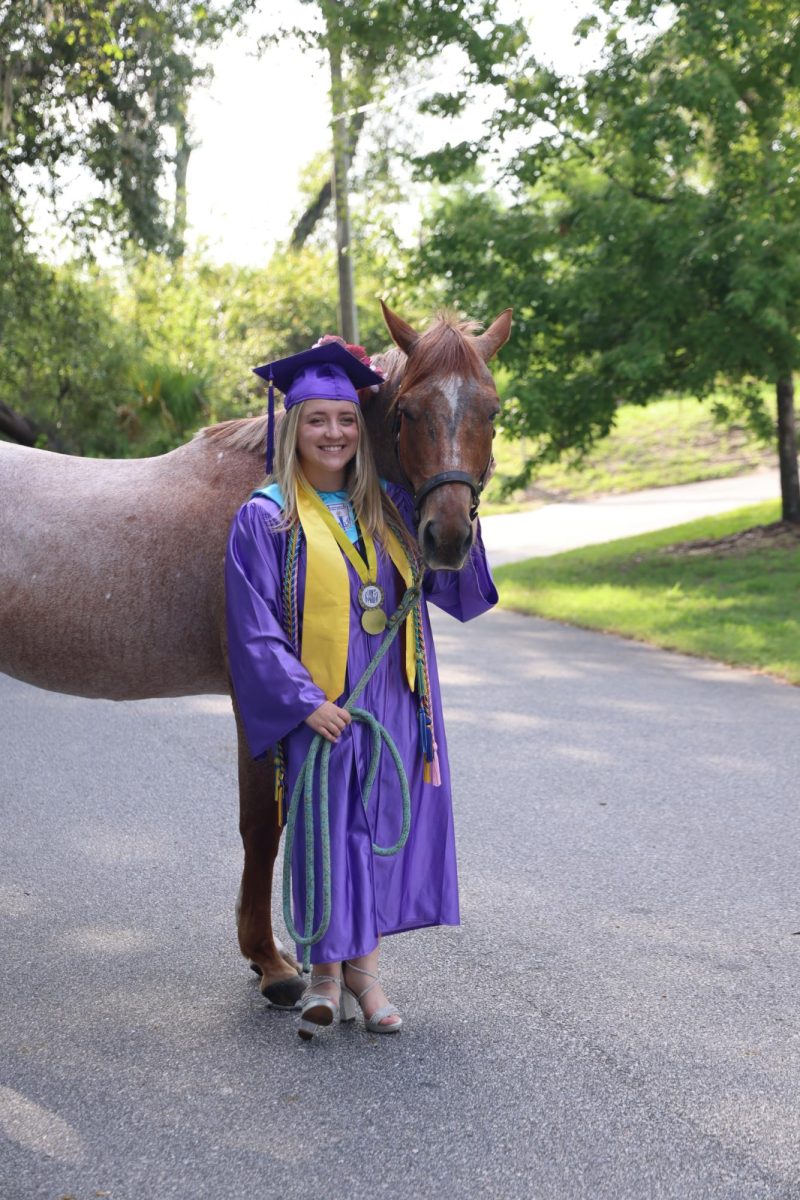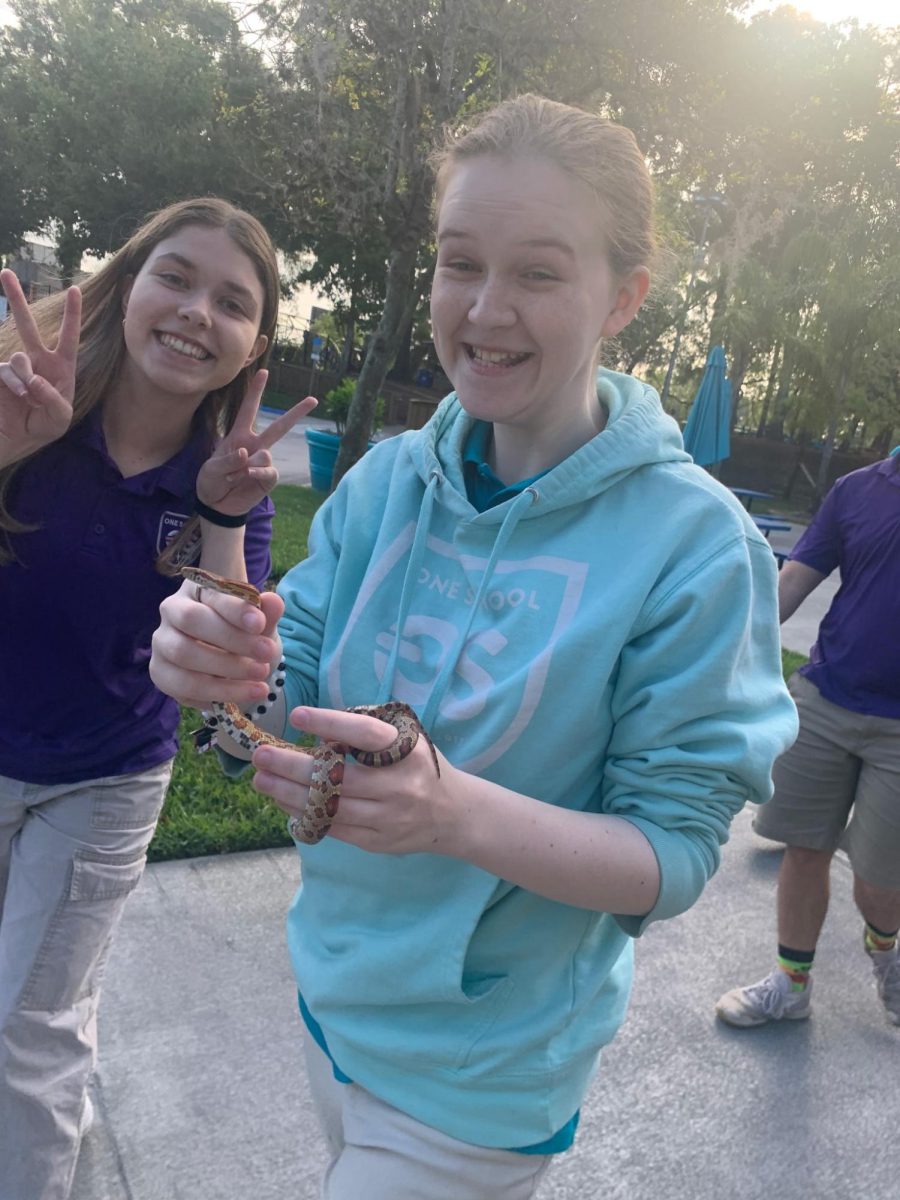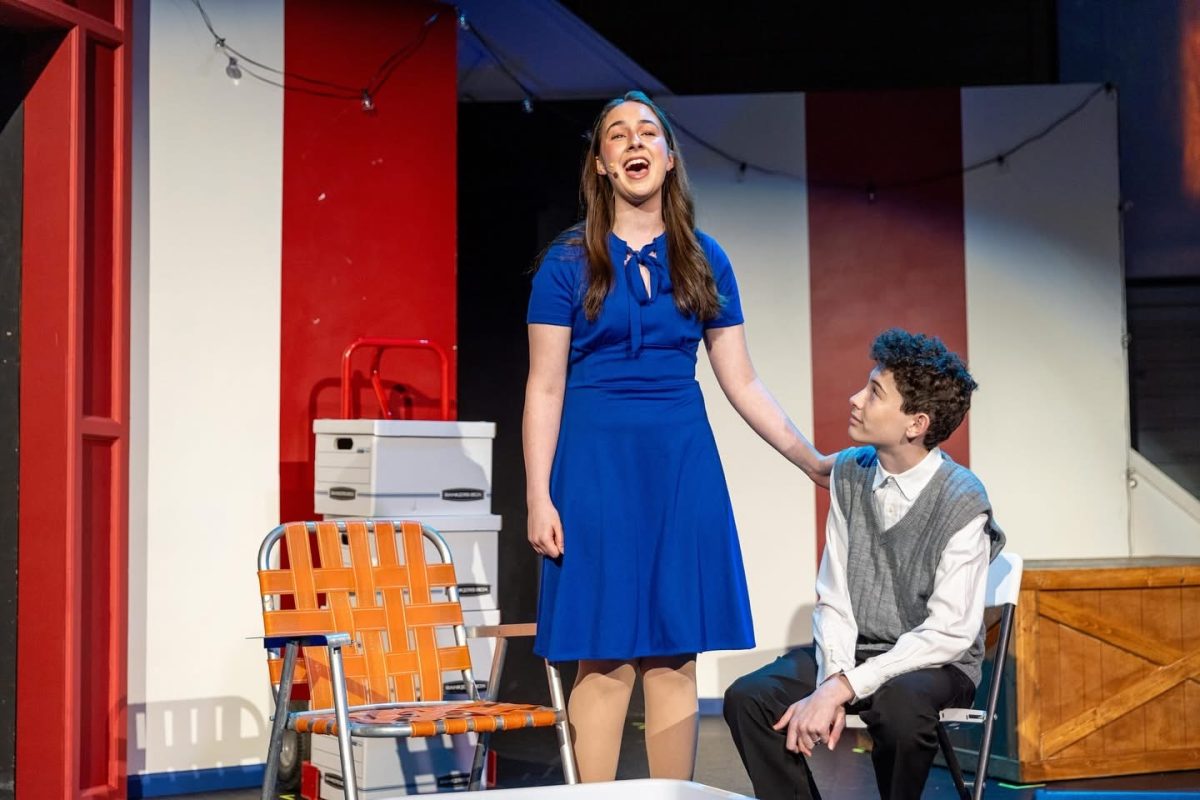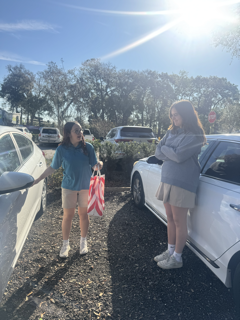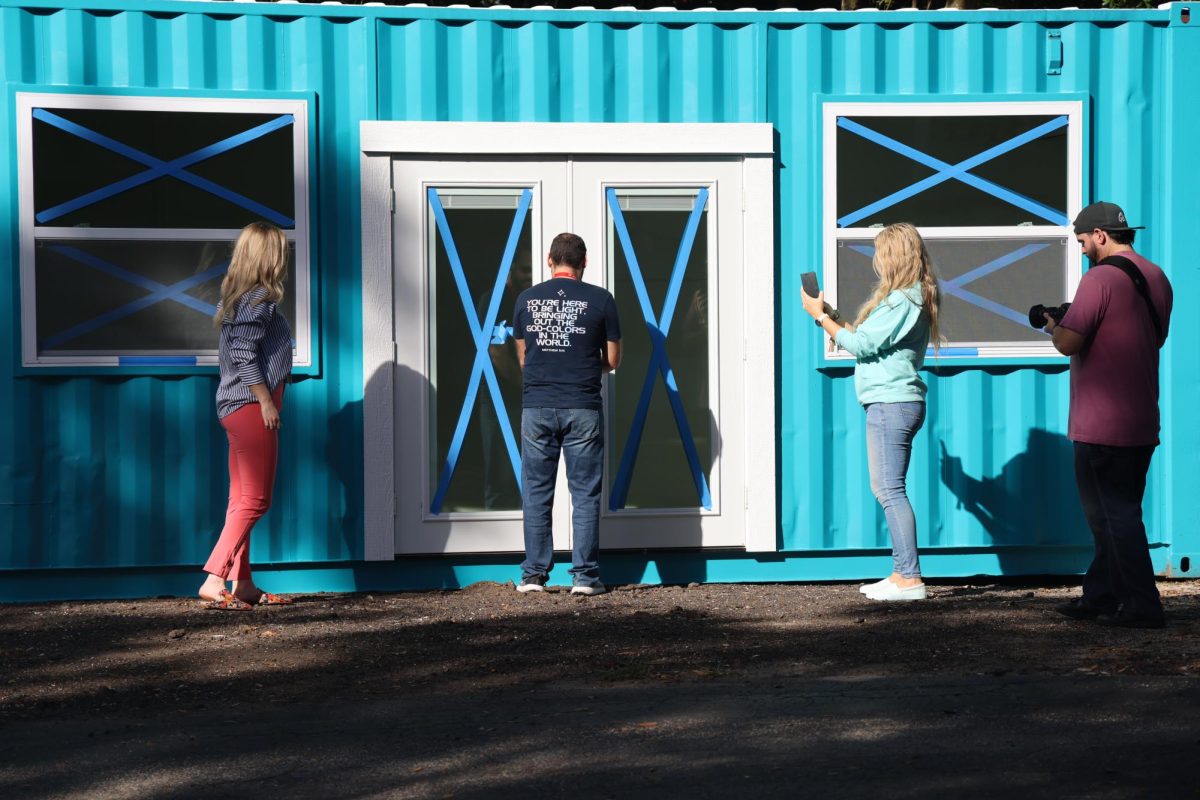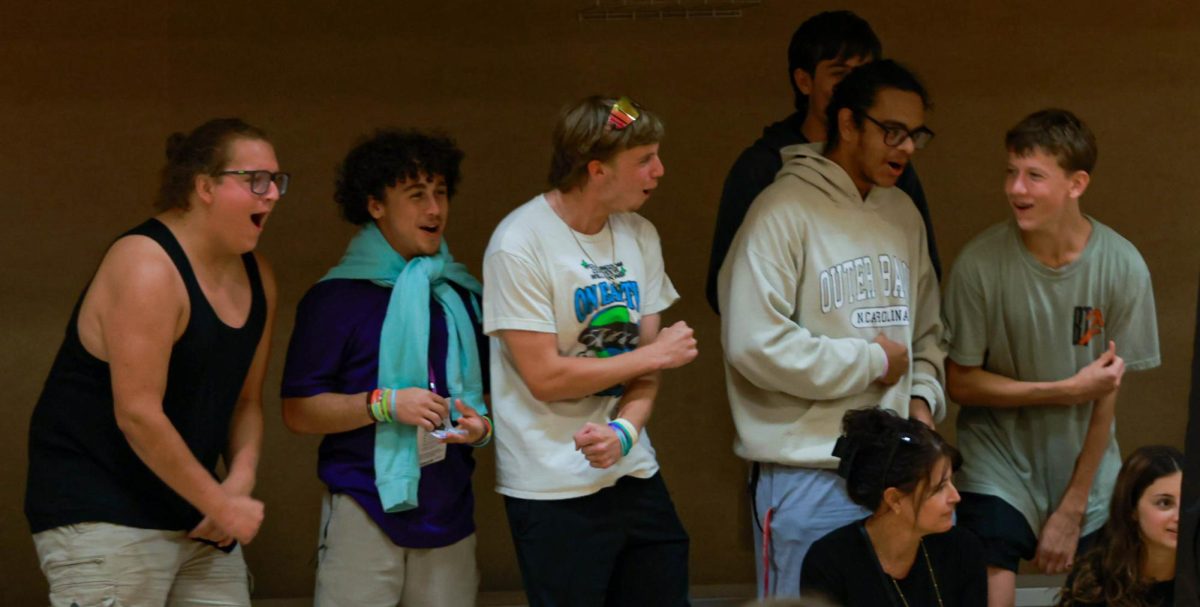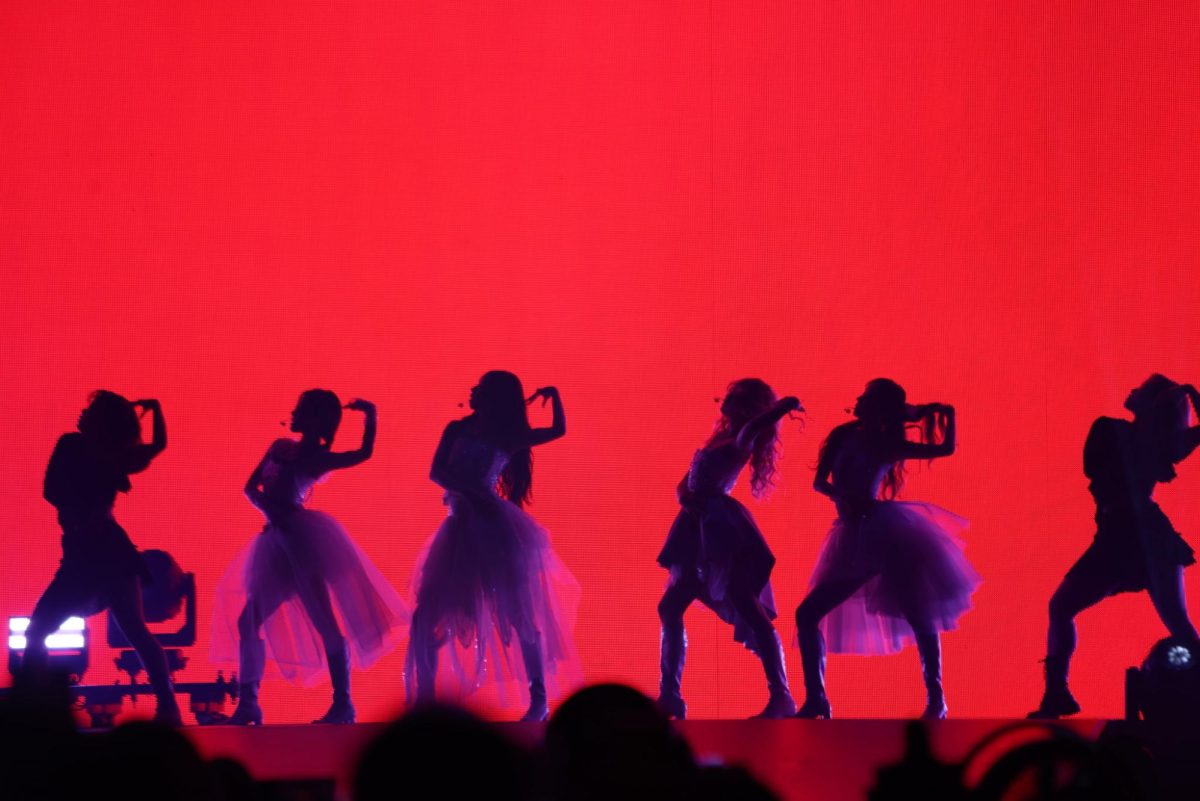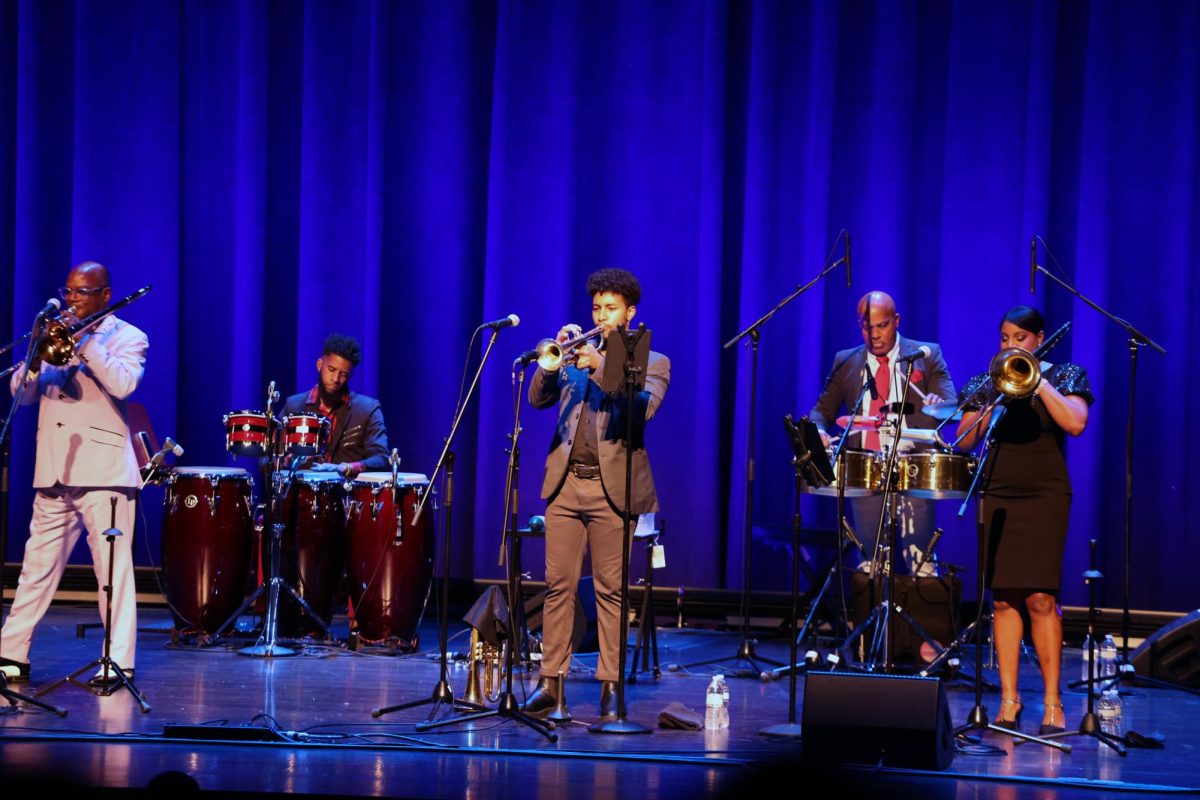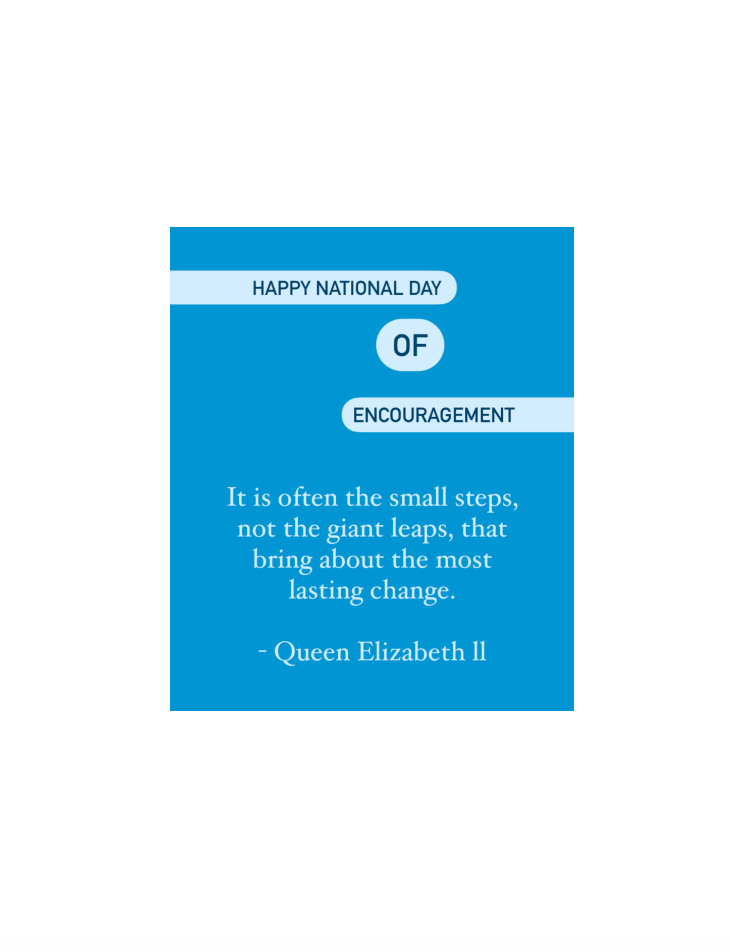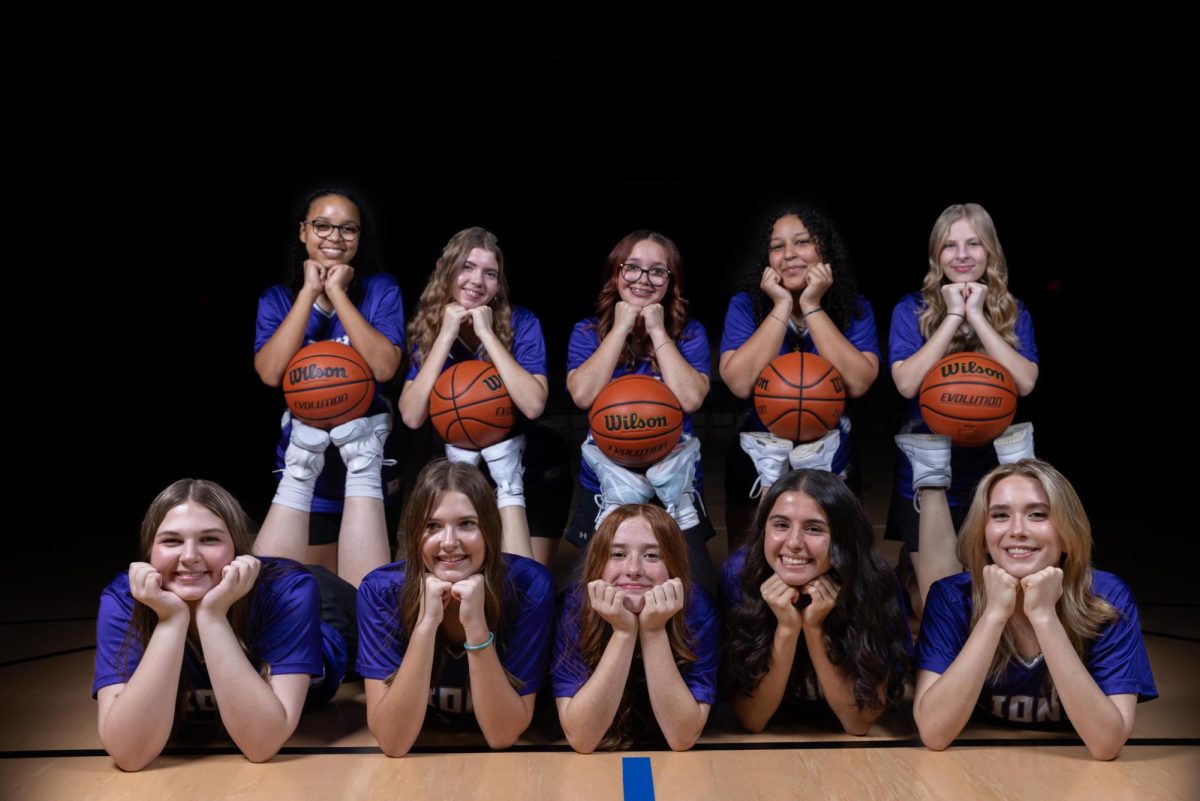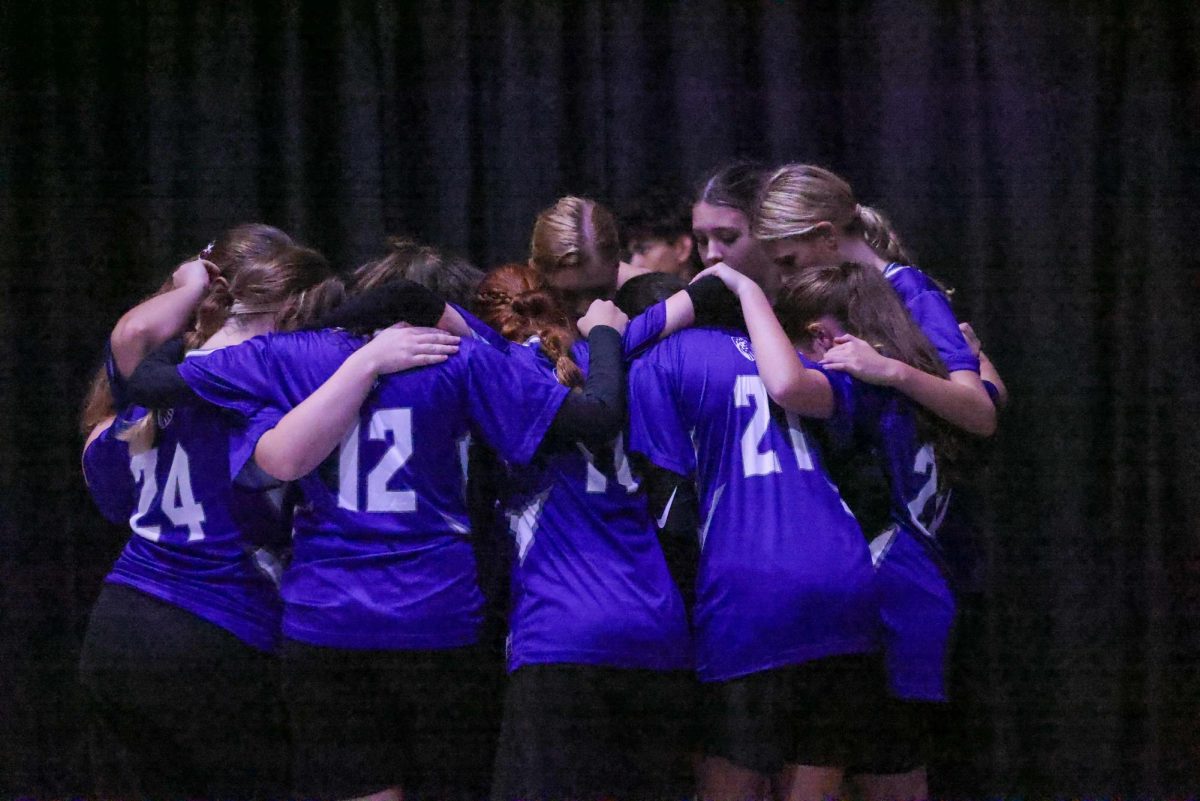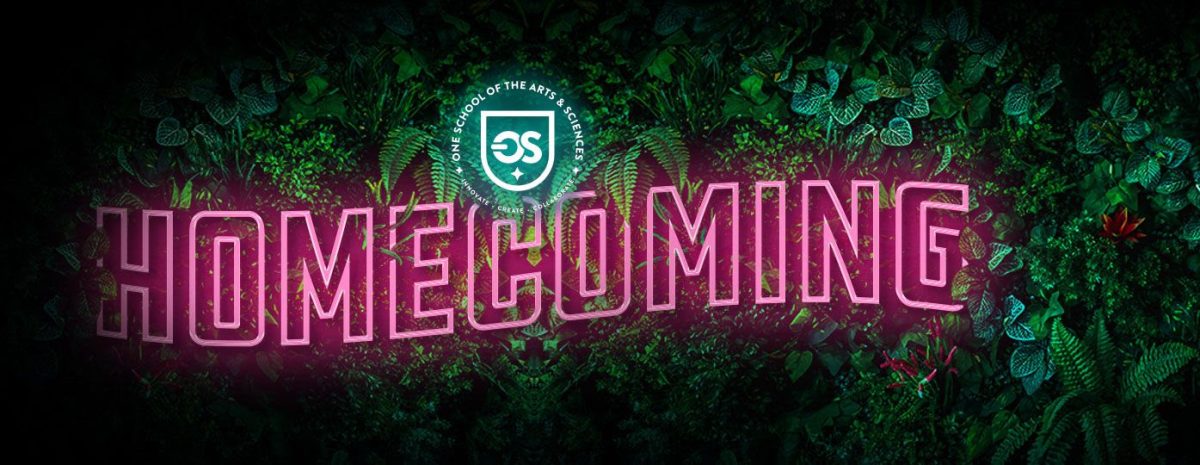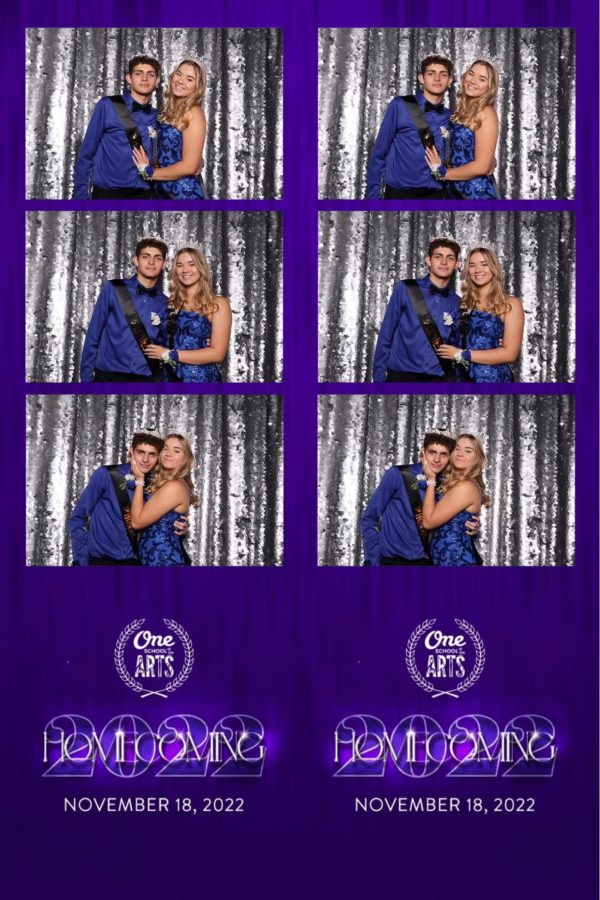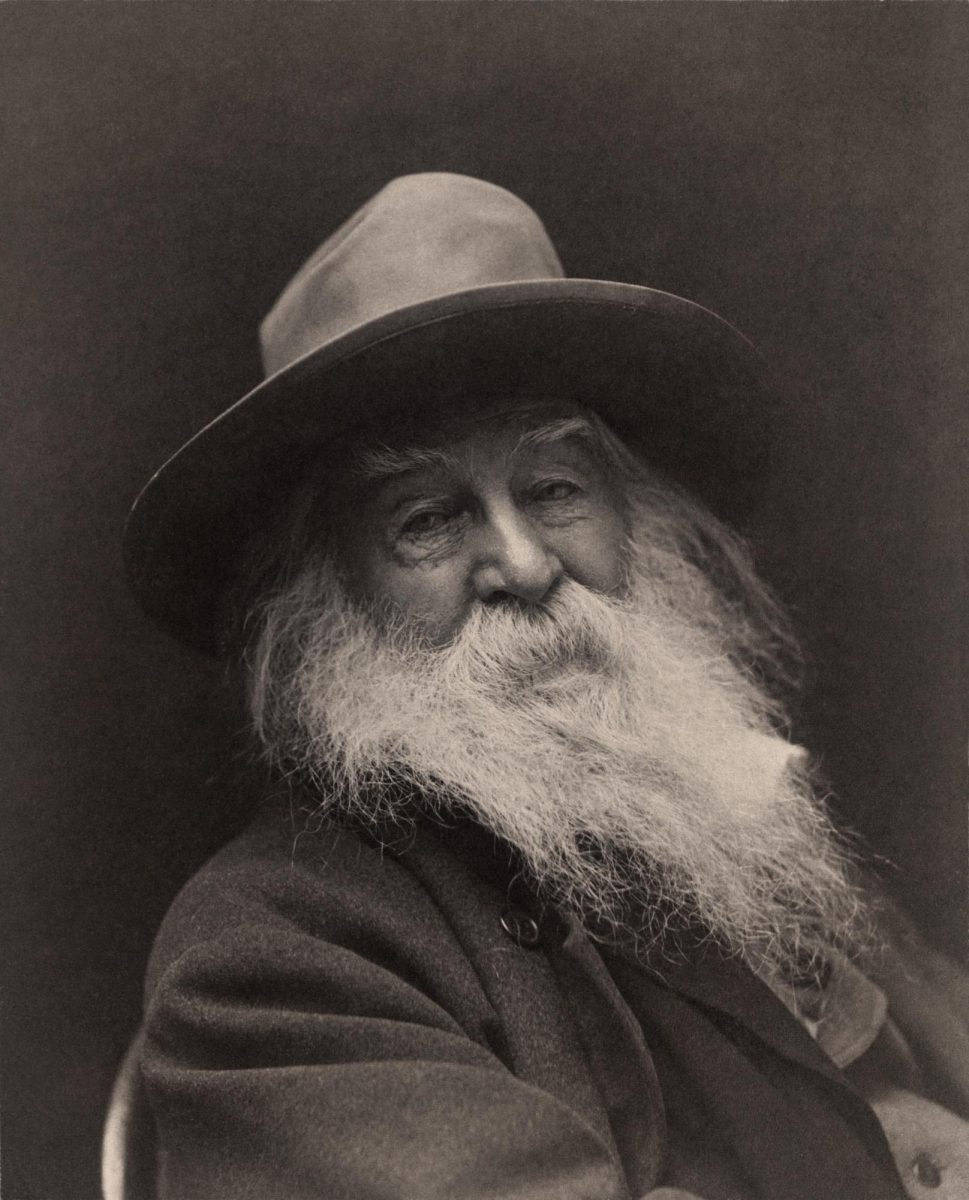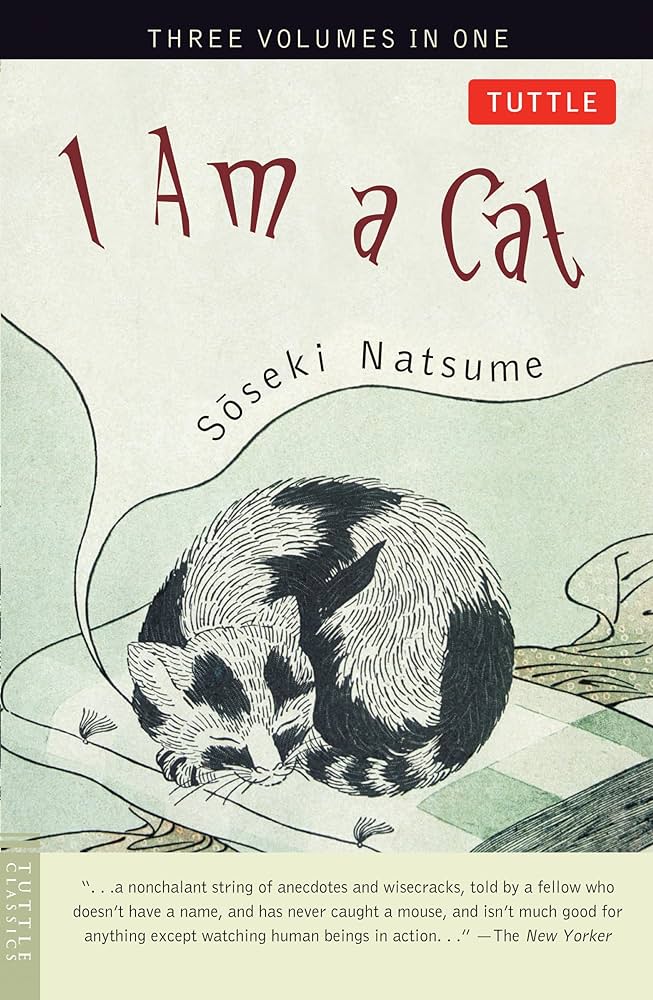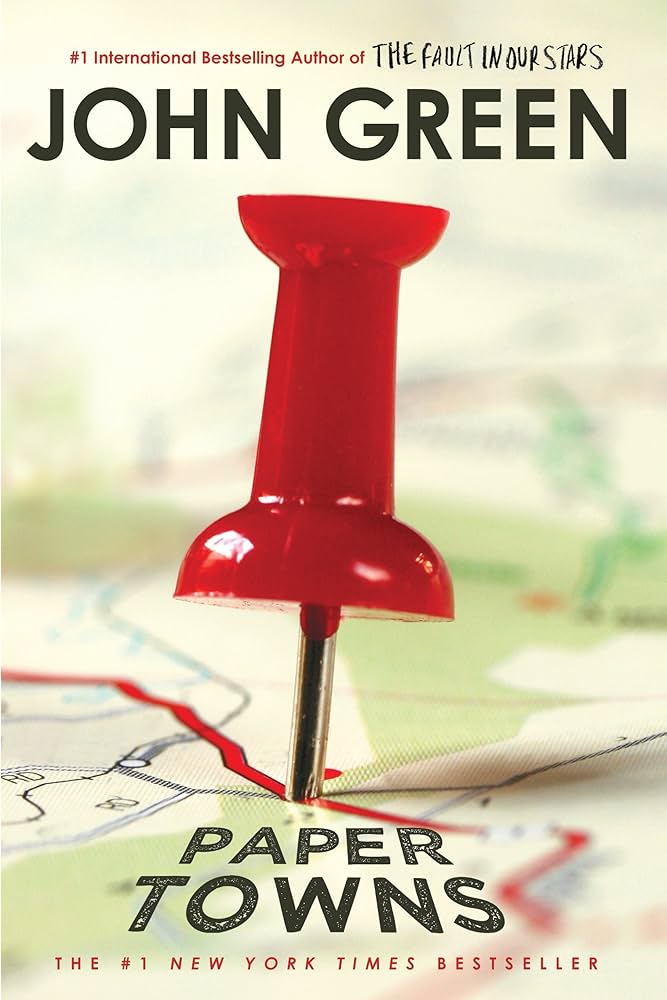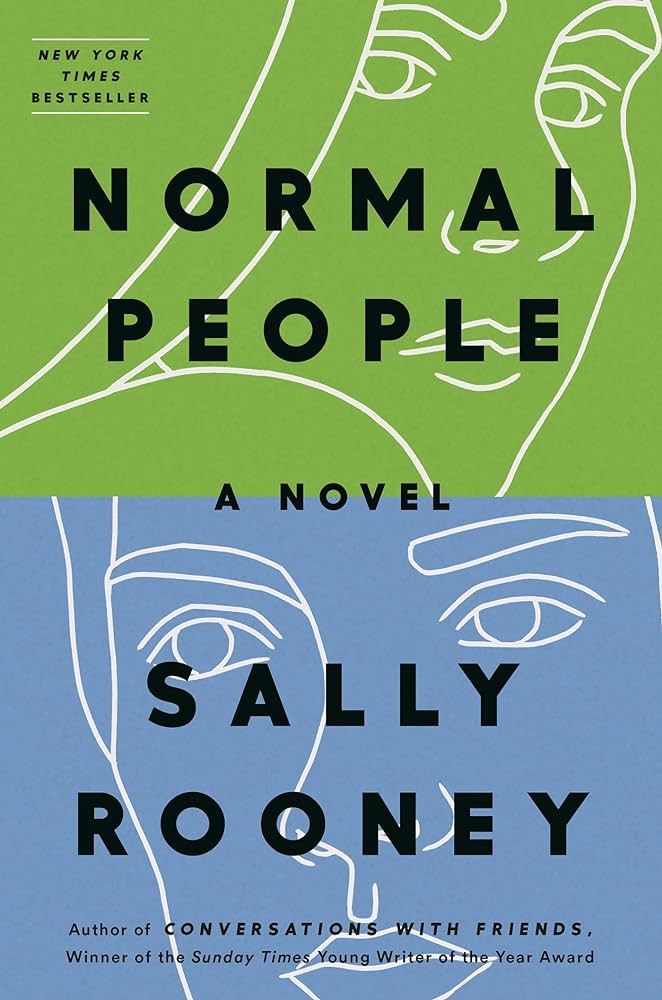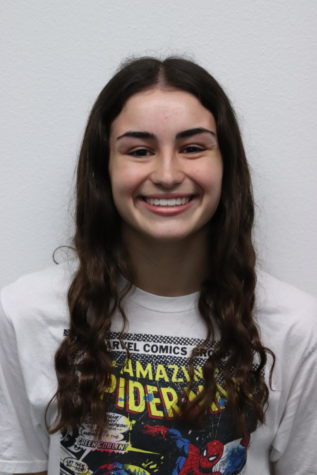Let’s face it: I’ve never been a big poetry person. Sure, I’ve memorized the occasional Shakespeare monologue or Robert Frost piece for Ms. Tiansay, but other than that, I’ve never actively gone out of my way to read poetry. For some reason, I’ve always enjoyed the linear plotline of a book more, complete with its character and dialogue. However, I was watching Breaking Bad one day, and my entire paradigm of poetry shifted.
Throughout the hit TV series, Walter White owns a copy of Leaves of Grass, a poetry collection by Walt Whitman. It was not until I read a book by John Green, which also mentioned Leaves of Grass, that I began to look into the classic American work.
Published in 1855, Whitman takes the reader through a journey of personal discovery and revelations about nature and the human condition. His magnum opus, “Song of Myself,” captures the essence of humanity, comparing it to “leaves of grass” in the sense that we are all interconnected. Exemplified in the opening lines of the masterwork, Whitman states, “I celebrate myself, and sing myself, / And what I assume you shall assume, / For every atom belonging to me as good belongs to you.” We are to embrace each other in our varying walks of life because there is an inherent brotherhood in us, sewn into us from the beginning.
The idea that every individual was equal and equally important as a member of society was extremely progressive and controversial, given that it was written during antebellum America. Whitman then goes further on to state his take on the abhorrence of slavery, later writing, “The runaway slave came to my house and stopt outside, / I heard his motions crackling the twigs of the woodpile, / Through the swung half-door of the kitchen I saw him limpsy and weak, / And went where he sat on a log and led him in and assured him, / And brought water / and fill’d a tub for his sweated body and bruis’d feet, / And gave him a room that enter’d from my own, and gave him some coarse clean clothes, / And remember perfectly well his revolving eyes and his awkwardness, / And remember putting plasters on the galls of his neck and ankles; / He staid with me a week before he was recuperated and pass’d north, / I had him sit next me at table, my fire-lock lean’d in the corner.” In Whitman’s interaction with the runaway slave, he portrays a novel empathy that was frowned upon until decades into the future.
Furthermore, Whitman encourages the audience to embark on a personal journey of self-discovery and spirituality. At one point he claims, “I exist as I am, that is enough, / If no other in the world be aware I sit content, / And if each and all be aware I sit content.” Demonstrating his contentment in himself, the poet emphasizes the values of self-acceptance through one’s own means, not by seeking external validation. “I too am not a bit tamed, I too am untranslatable, / I sound my barbaric yawp over the roofs of the world.”
The last line of “Song of Myself” is notoriously ambiguous, urging the audience to formulate their own interpretations. Whitman closes by simply saying, “I stop somewhere waiting for you.” Meant as perhaps an invitation, I believe Whitman was expecting us, as the readers, to accompany him on the discovery of the self, standing alone as a gesture of inclusivity and unity. After all, we are merely blades of grass, swaying independently by rooted at our core. “I am large, I contain multitudes.”

